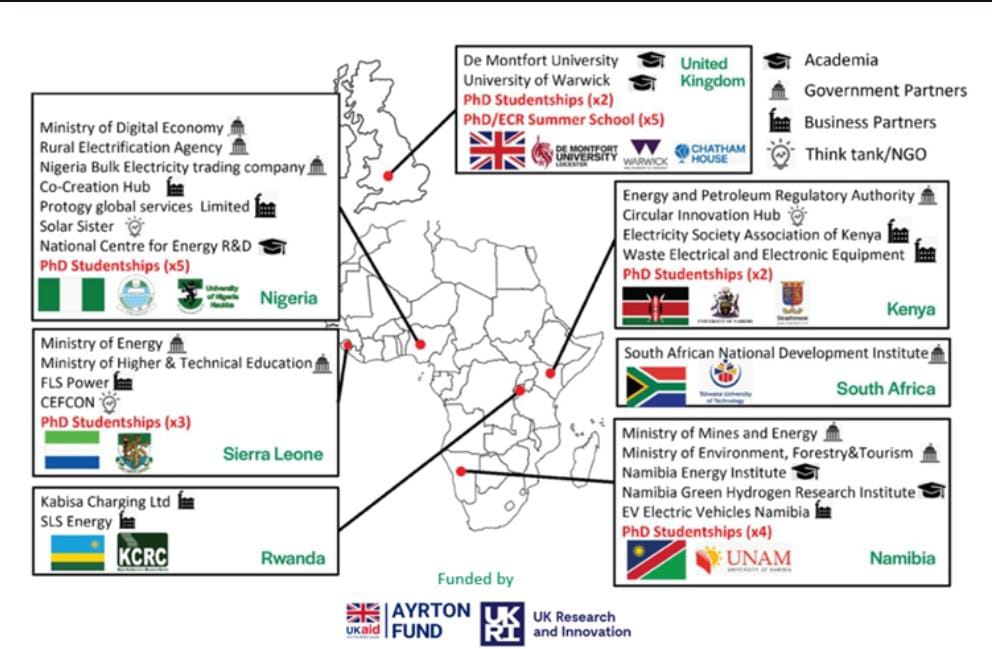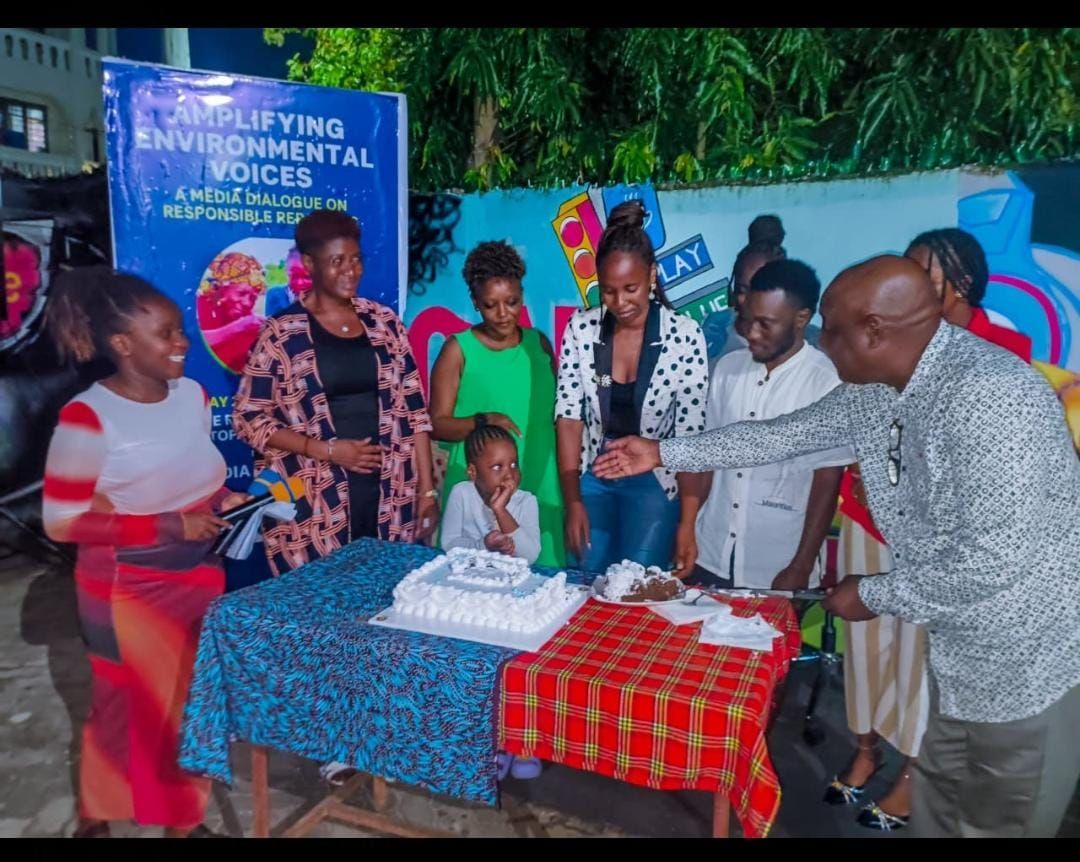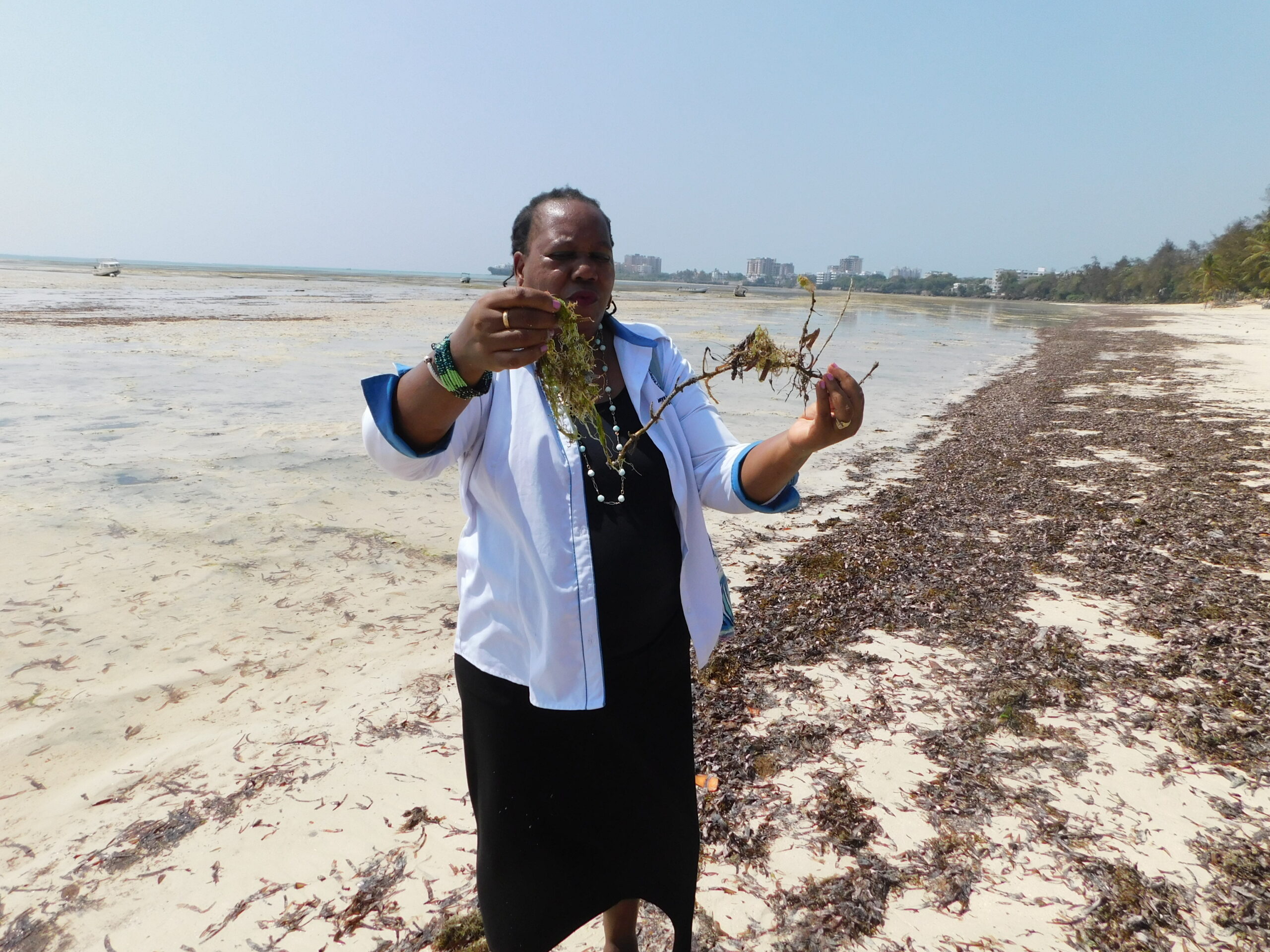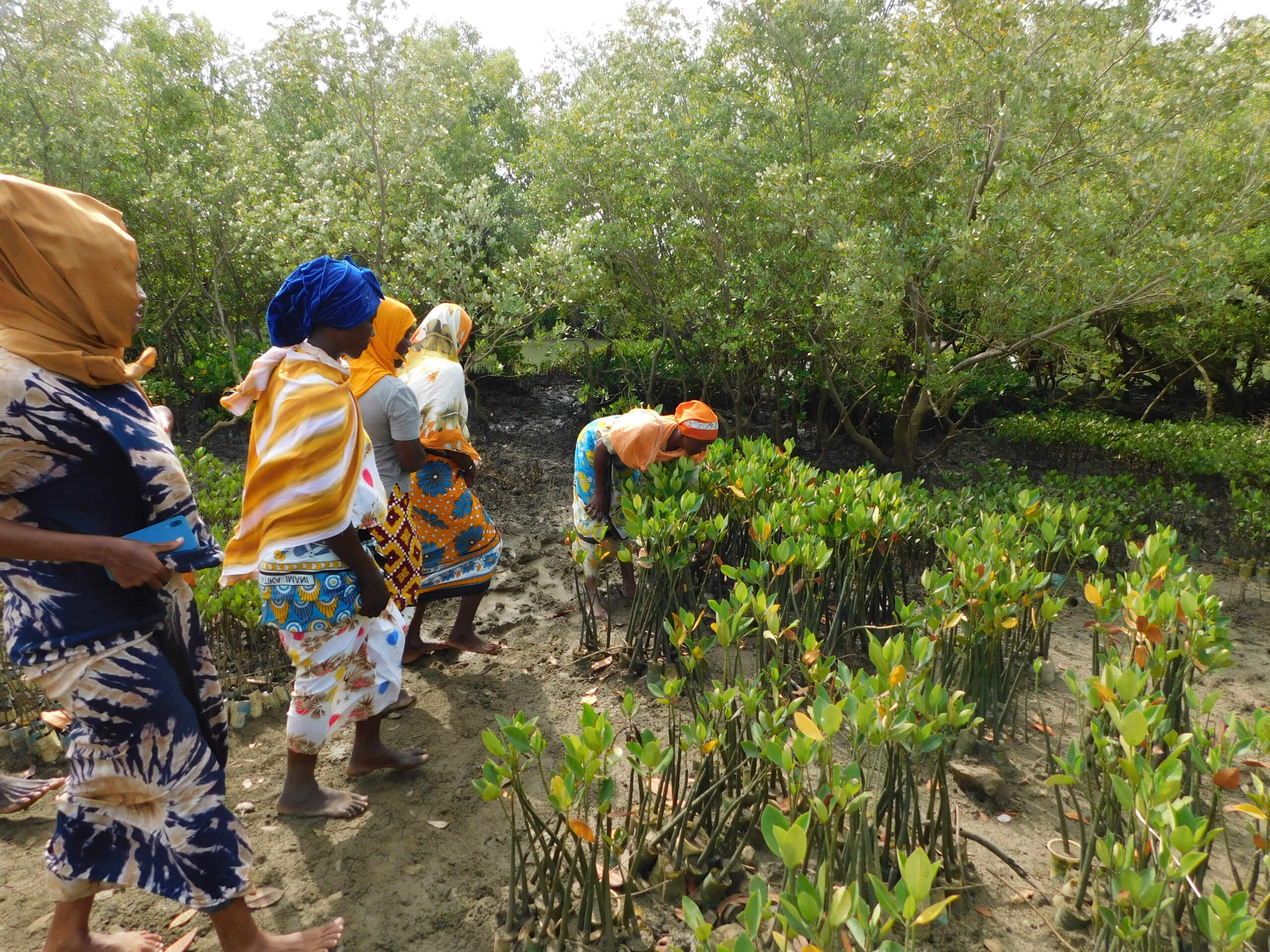The Circular Economy Powered Renewable Energy Centre (CEPREC) has officially launched, marking a milestone in addressing Africa’s dual challenges of energy access and e-waste. This groundbreaking Pan-African research centre is poised to transform the continent’s energy landscape by innovatively applying circular economy principles.
CEPREC, funded by the UK government’s £1 billion Ayrton Fund, represents a powerful collaboration between academia, industry, and government.
It brings together leading institutions, including De Montfort University, the University of Warwick, and Chatham House in the UK, alongside a network of prominent African universities: Strathmore University (Kenya), the University of Lagos and the University of Nigeria (Nigeria), the University of Namibia (Namibia), the University of Sierra Leone (Sierra Leone), Kigali Collaborative Research Centre (Rwanda), Tshwane University of Technology (South Africa), and the University of Nairobi (Kenya).
This diverse consortium, comprising over 30 stakeholders, is committed to fostering collaborative research, driving innovation, and building capacity across the continent.
The launch event, which drew over 150 stakeholders, showcased CEPREC’s vision and its commitment to pioneering circular economy innovations in renewable energy. Discussions focused on strategic partnerships, capacity-building initiatives, and the centre’s ambitious goals for Africa’s clean energy future. A key highlight was the unveiling of CEPREC’s comprehensive press release, outlining its vision, goals, and strategic roadmap.
Initially, CEPREC will focus its efforts on six strategically selected sub-Saharan African countries: Nigeria, South Africa, Kenya, Sierra Leone, Namibia, and Rwanda.
These nations represent the diverse energy landscapes and economic realities across the continent, enabling CEPREC to address a wide spectrum of challenges and opportunities. From South Africa’s relatively high energy access rate of 85% to Sierra Leone’s 5%, and from Nigeria’s substantial $477 billion GDP to Sierra Leone’s $4 billion economy, CEPREC’s work will be tailored to the specific needs of each region.
“CEPREC was established to revolutionize how we perceive waste transforming it into opportunity, empowering communities, and driving economic transformation, this initiative will establish a new benchmark for sustainable energy solutions across Africa,” said Professor Muyiwa Oyinlola, Director of CEPREC and Professor of Innovation for Sustainable Development at De Montfort University.
Professor Layi Alatise, Deputy Director (Engineering) of CEPREC and Professor in Power Electronics at the University of Warwick, emphasized the importance of local capacity building. “When technology is implemented without local capacity to maintain and expand it, sustainability is compromised. CEPREC will prioritize knowledge transfer and skills development to ensure its impact is long-lasting by integrating circular economy principles into Africa’s energy sector, we are building a resilient and sustainable future,” he stated.
Professor Giuliana Battisti, Deputy Director (Social Sciences) of CEPREC and Professor of the Economics of Innovation at Warwick Business School, highlighted the centre’s unique approach. “This initiative presents a unique opportunity to align cutting-edge research with real-world applications,” she explained. “By combining technological innovation with policy integration, we can create a self-sustaining ecosystem for Africa’s renewable energy future.”
Chatham House, a renowned global think tank, plays a crucial role in translating research into actionable policies. Dr. Patrick Schroeder, Senior Research Fellow at Chatham House, emphasized the need for a comprehensive international policy framework to support the transition to a circular economy.
CEPREC’s long-term vision is to become the leading research center driving knowledge creation, policy development, and skills empowerment for Africa’s energy transition.
The center’s work directly aligns with key UN Sustainable Development Goals (SDGs), including SDG 7 (Affordable and Clean Energy), SDG 12 (Responsible Consumption and Production), and SDG 13 (Climate Action).
“CEPREC is committed to building transformative partnerships that drive Africa’s sustainable energy future,” I, Abi Okoya, Head of Strategic Partnerships, emphasized. “This is more than a centre it’s a movement to unite government, industry, and academia in creating innovative, circular solutions that will redefine how we power our communities. We invite stakeholders from across the continent and beyond to join us in scaling impact, driving policy change, and ensuring that Africa leads the global transition to sustainable and inclusive energy systems,” she concluded.






